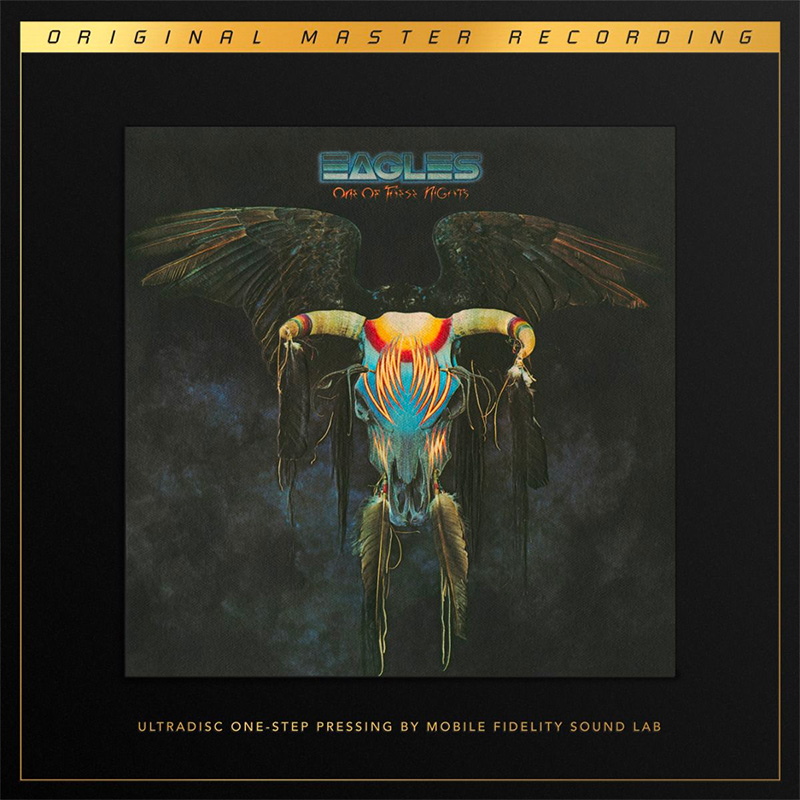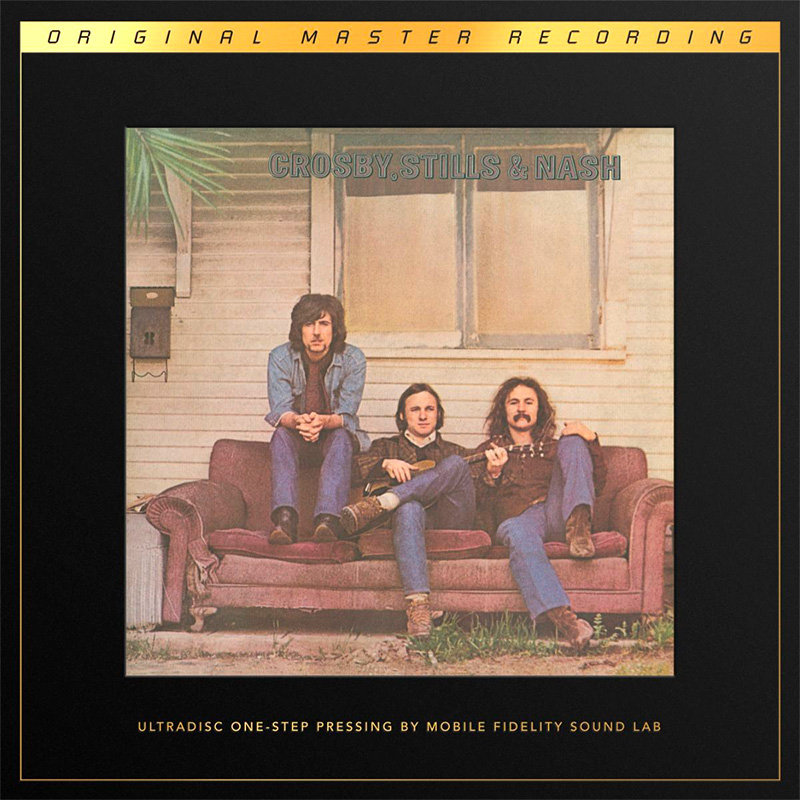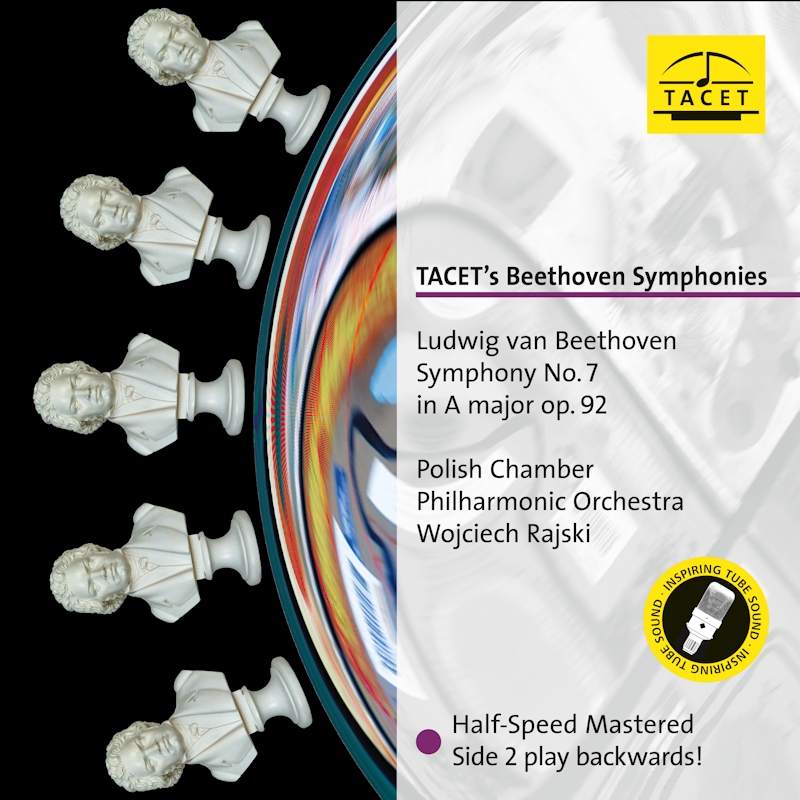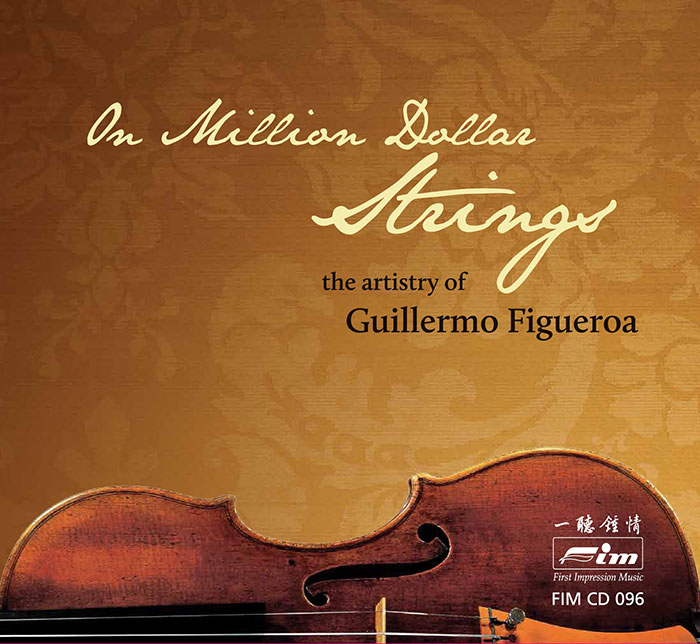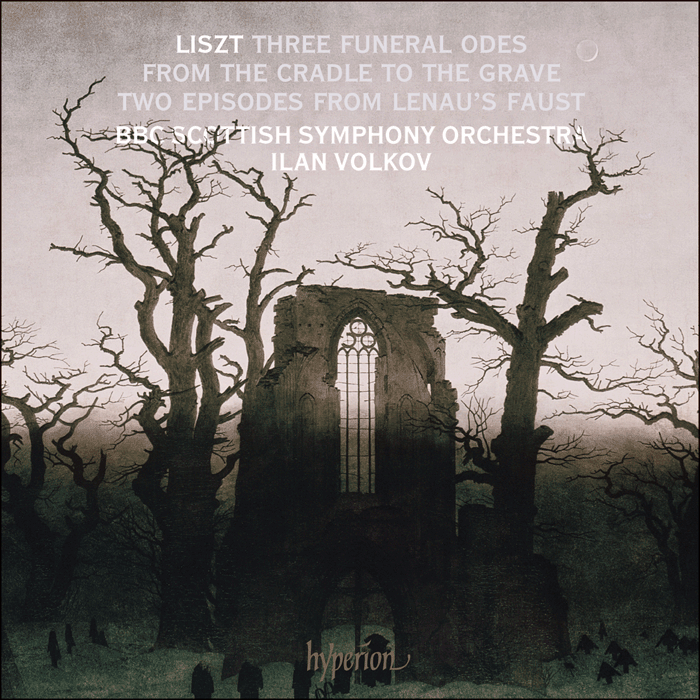Logowanie
OSTATNIE EGZEMPLARZE
Jakość LABORATORYJNA!
ORFF, Gundula Janowitz, Gerhard Stolze, Dietrich-Fischer Dieskau, Deutsche Oper Berlin, Eugen Jochum
Carmina Burana
ESOTERIC - NUMER JEDEN W ŚWIECIE AUDIOFILII I MELOMANÓW - SACD HYBR
Winylowy niezbędnik
ClearAudio
Essence MC
kumulacja zoptymalizowana: najlepsze z najważniejszych i najważniejsze z najlepszych cech przetworników Clearaudio
Direct-To-Disc
PIAZZOLLA, ChamberJam Europe
Tangos del Ángel y del Diablo
Direct-to-Disc ( D2D ) - Numbered Limited Edition
LISZT, BBC Scottish Symphony Orchestra, Ilan Volkov
Funeral Odes
- Von der Wiege bis zum Grabe, S107
- 1 Movement 1: Die Wiege [5'38]
- 2 Movement 2: Der Kampf um's Dasein [2'58]
- 3 Movement 3: Zum Grabe. Die Wiege des zukünftigen Lebens [7'42]
- Trois Odes funèbres, S112
- 4 No 1: Les morts. Oraison Beati mortui qui in Domino moriuntur [10'11]
- with Glasgow Singers
- 5 No 2: La notte [11'56]
- 6 No 3: Le triomphe funèbre du Tasse [12'23]
- Zwei Episoden aus Lenaus Faust, S110
- 7 No 1: Der nächtliche Zug [15'58]
- 8 No 2: Der Tanz in der Dorfschenke 'Erster Mephisto-Walzer' [12'08]
- BBC Scottish Symphony Orchestra - orchestra
- Ilan Volkov - conductor
- LISZT
As part of Liszt’s anniversary year Hyperion turns to some of the composer’s most underrecorded and underperformed works. Liszt’s piano music is so much in the foreground that his works for orchestra have been almost forgotten. Here we present a fascinating selection. Liszt’s Trois Odes funèbres were composed between 1860 and 1866, and exist in a variety of versions: for orchestra, for piano solo and for piano duet. There is also a chorus in the first Ode and the possibility of a narrator in the first and second. The first is also an organ piece, with the title Trauerode, and La notte also exists for violin and piano. The third of the Odes is also entitled ‘Epilogue to the Symphonic Poem: Tasso, Lamento e Trionfo’, and in its orchestral version it enjoyed a certain vogue towards the end of the nineteenth century. Although it is quite clear from the original manuscripts that Liszt intended these works to be performed as a cycle, they have never been published together and have rarely been performed as he wished. ‘From the cradle to the grave’ was written after a drawing by the Hungarian artist Mihály Zichy (1827–1906) depicting three stages of existence: birth; the struggle for being; and death, the cradle of the life to come. ------------------------------------------------ BBC MUSIC MAGAZINE 'ORCHESTRAL CHOICE' 'The performances are tremendous. Volkov turns out to be a superb Lisztian, alert to the music's anguish and exaltation. The playing is beautifully textured, with a strong sense of technical and emotional limits being broached and sustained throughout. Highly recommended' (The Guardian) 'Hopefully the bicentenary of Liszt's birth will bring as wide a range of recordings as those of Chopin and Schumann last year. Certainly there will be few more valuable releases than this collection of late orchestral works, neglected even by the standards of Liszt's music in general … Vividly immediate sound further enhances a disc that ought to prove a highlight of 'Liszt year'' (International Record Review) 'Volkov shapes all these pieces with what seems perfect understanding of their different shades of gloom or grief, and the playing of the BBC Scottish, helped by Hyperion's first-rate recording, is also perfectly attuned to the light and shade of Liszt's sound-palette. Altogether a revelatory album: this combination of works actually says something new about Liszt's quality as an orchestral composer' (BBC Music Magazine) The Faust legend preoccupied Liszt for much of his life, and inspired the composer’s most famous orchestral work, the Faust Symphony. However Zwei Episoden aus Lenaus Faust also contains some of the composer’s most thrillingly atmospheric music.
